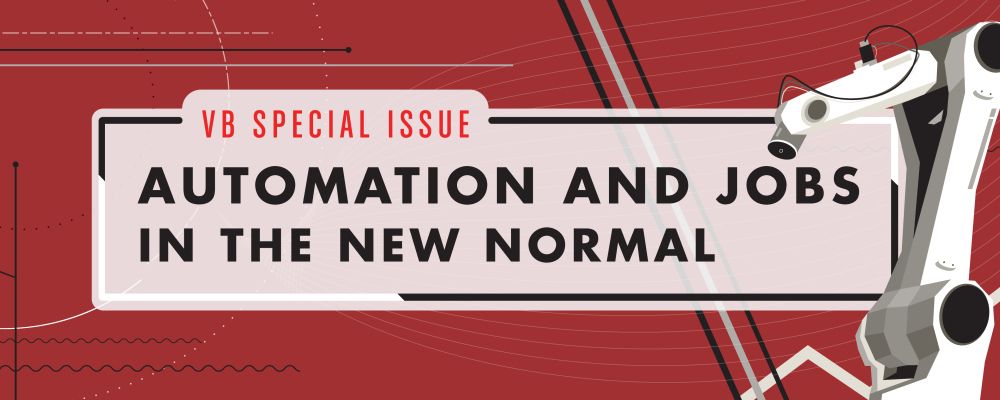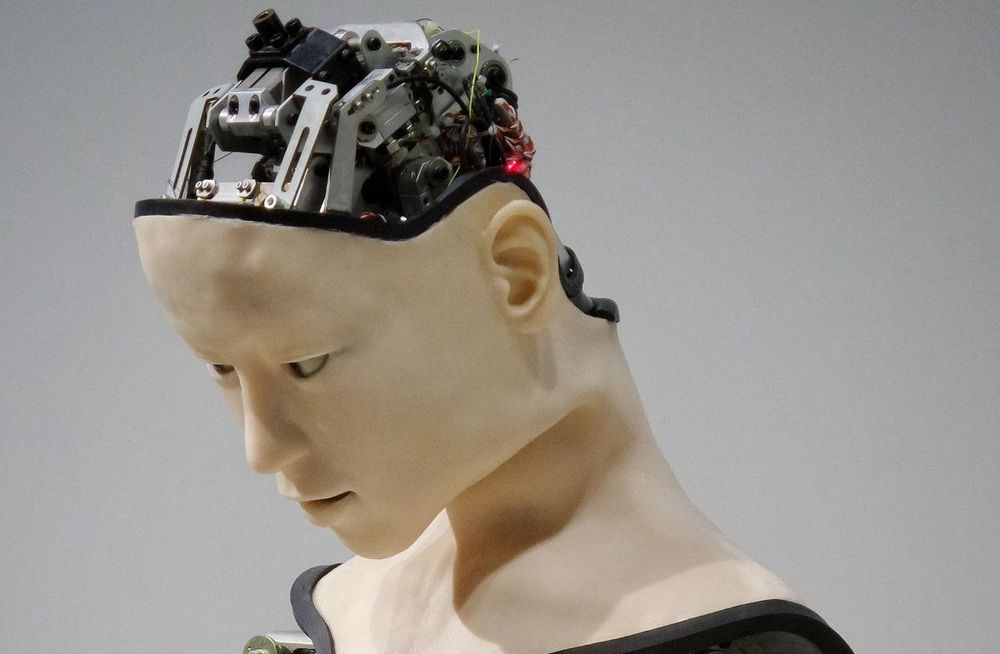Aside from staying alive and healthy, the biggest concern most people have during the pandemic is the future of their jobs. Unemployment in the U.S. has skyrocketed, from 5.8 million in February 2020 to 16.3 million in July 2020, according to the U.S. Bureau of Labor Statistics. But it’s not only the lost jobs that are reshaping work in the wake of COVID-19; the nature of many of the remaining jobs has changed, as remote work becomes the norm. And in the midst of it all, automation has become potentially a threat to some workers and a salvation to others. In this issue, we examine this tension and explore the good, bad, and unknown of how automation could affect jobs in the immediate and near future.
Prevailing wisdom says that the wave of new AI-powered automation will follow the same pattern as other technological leaps: They’ll kill off some jobs but create new (and potentially better) ones. But it’s unclear whether that will hold true this time around. Complicating matters is that at a time when workplace safety has to do with limiting the spread of a deadly virus, automation can play a role in reducing the number of people who are working shoulder-to-shoulder — keeping workers safe, but also eliminating jobs.
Even as automation creates exciting new opportunities, it’s important to bear in mind that those opportunities will not be distributed equally. Some jobs are more vulnerable to automation than others, and uneven access to reskilling and other crucial factors will mean that some workers will be left behind.








